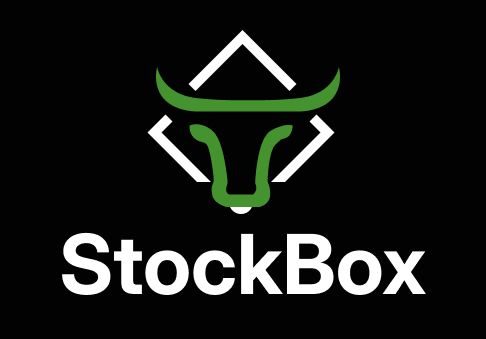In the dynamic world of finance, there exist various instruments that enable investors to manage risk and speculate on price movements. Two popular and powerful tools in this domain are futures and options. Financial derivatives are vital in modern markets, providing distinct opportunities for hedging and speculation. In this blog, we’ll delve into the basics of futures and options trading, exploring their fundamental characteristics and key differences.
Futures Trading
Futures contracts standardized by a stock exchange. Both buyer and seller commit to a contract at a set price and future date. The asset may include commodities (e.g., gold, oil, wheat), financial instruments (e.g., stocks, bonds), or stock market indices. Organized exchanges trade futures, with clearinghouses serving as intermediaries to guarantee contract performance.
Key Features of Futures Trading:
Standardization: Key details like contract size, expiry date, margin requirements etc are all prespecified by the exchange in a futures contract
Margin Requirements: A buyer as well as a seller of a futures contract both need to pay an upfront margin to enter into a futures position. Additionally, daily mark-to-market adjustments ensure that gains and losses are settled daily.
Leverage: A key feature in futures contract is it allows us to take a bigger position by making a small upfront investment in margin. This opens the potential for getting higher returns on investment but at the same time, exposes us to higher risk
Hedging: Market participants can use futures contracts to hedge against price fluctuations, mitigating risks associated with adverse movements in the underlying asset.
Options Trading
Options grant the buyer the right, not obligation, to buy an asset at a set price on a future date.
Key Features of Options Trading:
Flexibility: Options offer greater flexibility compared to futures as the buyer has the liberty to decide whether to execute the contract or not. This feature allows for strategic hedging and speculative trading.
Premium: Premium is the amount which an options buyer pays to the option seller in order to enter the position. Option buyers face maximum loss potential with the premium, while certain options offer theoretically unlimited profit.
Limited Risk: The maximum amount of loss an option buyer can incur is upfront premium paid by him/her. This makes options an attractive choice for risk-conscious traders.
Complex Strategies: One big advantage in options is that we can create different combinations and strategies (like spreads, straddles etc.) in options to take advantage of different market situations.
Differences Between Futures and Options:
Obligation vs. Right: The primary distinction between futures and options lies in the contractual nature.Futures contract means an obligation to fulfill the contract for both buyer and seller whereas option contract means a right to the option buyer and not an obligation to exercise the contract.
Risk Profile: Futures involve unlimited risk and reward potential, whereas options have limited risk (the premium paid) and unlimited profit potential for certain types of options.
Margin vs. Premium: In futures, traders deposit margin, while in options, buyers pay a premium to acquire the right.
Conclusion
Futures and options trading empowers investors with versatile tools for risk management and market speculation. While futures are binding contracts with potentially unlimited risk and reward, options provide flexibility and limited risk for the buyer. Understanding the mechanics of these derivatives is crucial before delving into the world of derivatives trading. Successful trading in futures and options requires prudent risk management and sufficient knowledge of financial instruments. Whether conservative or adventurous, futures and options trading caters to all in the finance domain.

